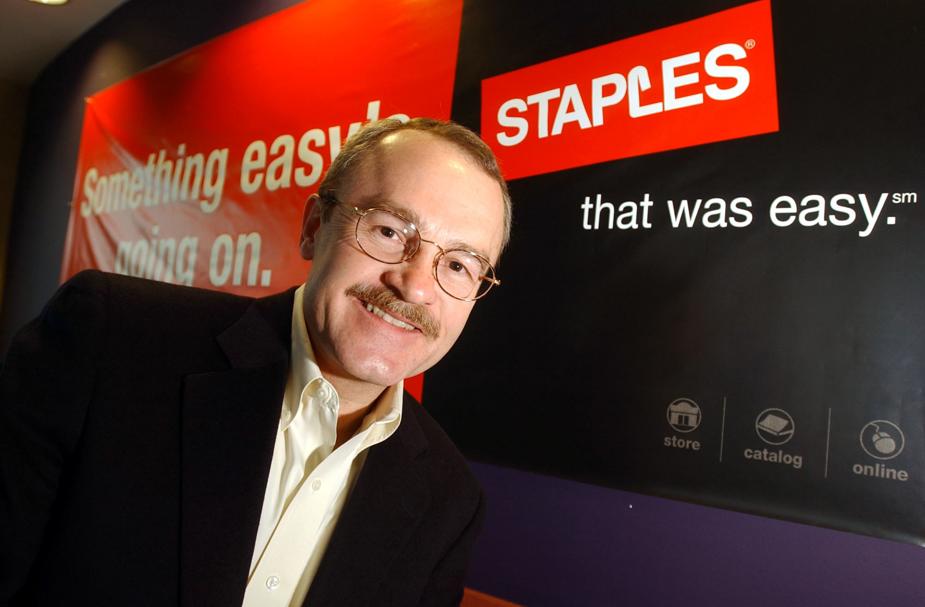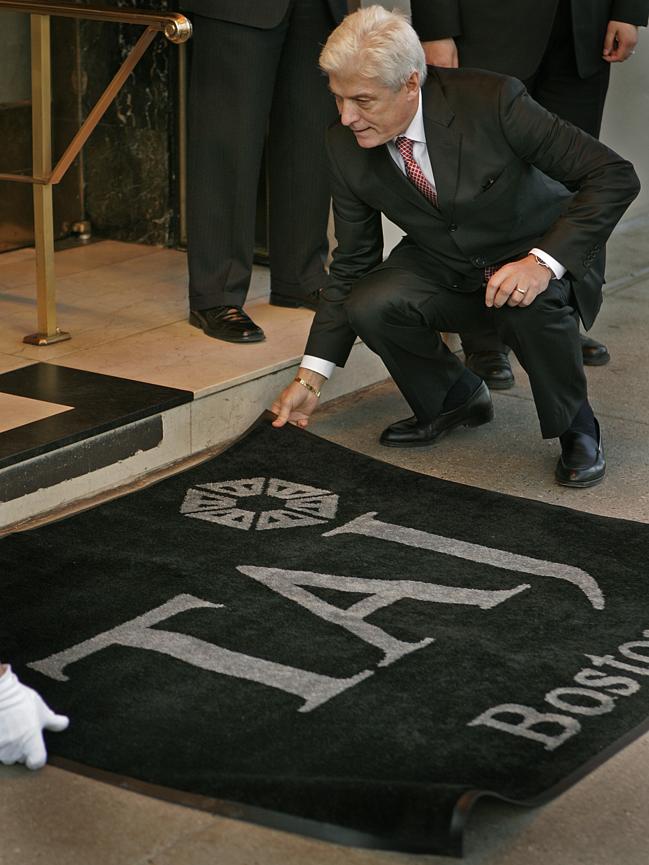CAR INSURANCE
State agency rejects plan that could have raised costs for low-income communities
The Massachusetts Division of Insurance rejected an industry-backed plan that could have meant higher car insurance costs for drivers in low-income and minority communities. In a decision released Wednesday, state regulators said a proposal to shrink the incentive program that encourages companies to offer coverage in underserved communities such as Chelsea, Lowell, East Boston, Springfield, and Brockton, as well as to riskier drivers, was unnecessary. Massachusetts Attorney General Maura Healey, along with some insurance agents and insurers, had warned that reducing the incentive program would have pushed more drivers into what’s known as the high-risk pool, which is the insurer of last resort for those who don’t qualify for competitive rates. Drivers in the high-risk pool don’t get some of the benefits and savings available in commercial markets, such as accident forgiveness and roadside assistance, and can potentially pay higher premiums, as well as more in late payment fees. The average annual premium for a driver statewide was $992 in 2013, the most recent data available, compared with $1,707 for drivers in the Massachusetts Auto Insurance Plan, as the high-risk pool is known. Insurance companies say average premiums in the high-risk pool are higher because there are more drivers with violations and accidents. — DEIRDRE FERNANDES
FOOD
Christopher Kimball has a new venture
Can Christopher Kimball serve up a new dish as successful as his last? Six months after leaving “America’s Test Kitchen,’’ the Brookline cooking giant he built to cater to foodies pursuing the perfect roasted chicken, Kimball is starting a new venture less shackled to technique, he said Tuesday, and more devoted to ingredients and bold flavors. Kimball is launching Milk Street Kitchen, a multi-media company that would seem to be going head-to-head with his old operation. It will include a cooking school in downtown Boston and a new public television cooking show, as well as magazines, cookbooks, and digital offerings. This is not a repeat of “America’s Test Kitchen,’’ Kimball insists: “It would be kind of lame to do the same thing again.’’ At nearly 65, Kimball said he’s cooking differently now — and better — than just three years ago. “Test Kitchen’’ loyalists have been speculating about Kimball’s plans since November, when he announced he would leave the company amid a management shake-up. — BETH HEALY AND JANELLE NANOS
TRANSPORTATION
Finding a helipad for GE isn’t easy
Promising a helipad in Boston to help persuade General Electric Co. to come here — that was the easy part. The hard part is fulfilling that pledge in a densely packed city that’s buzzed by low-flying airplanes and brimming with easily angered neighbors. Which is perhaps why the state has already discussed a small patch of grass just to the south of the Tip O’Neill Tunnel, an unremarkable place so close to the surrounding highways that pilots could all but converse with motorists stuck in rush-hour traffic. But that’s just one possibility. The state Department of Transportation is also expected to look at a number of other locations close to GE’s future headquarters in Fort Point. And then there’s always the option of sticking a helipad on a barge in the water. The search is not solely about GE. Because state money will be used, the site also needs to be accessible to the general public, including other businesses that want to use helicopters. To jump-start the effort, the agency plans to enlist an outside firm in the next few weeks to help evaluate potential sites. The issue has been discussed for years, essentially since the city’s last two public helicopter landing facilities closed in 1999. But GE serves as a catalyst: The Baker administration pledged in January to pay for a new helicopter landing site, one of several enticements worth up to $120 million to lure GE’s headquarters to Boston from Connecticut. — JON CHESTO
OFFICE SUPPLIES
Staples head will step down after failed merger
Staples Inc. on Tuesday announced that chief executive Ron Sargent will step down from running the country’s largest office supplier after failing to pull off what would have been the acquisition of his career — the purchase of rival Office Depot. In his 14 years at the helm, Sargent presided over a period of tremendous growth for the Framingham company only to see its success eclipsed by competition from online sellers such as Amazon.com. His last few years have been a period of brutal retrenchment, punctuated by a federal judge’s decision in May that effectively killed the $6 billion deal for Office Depot. Robert Sulentic, the lead independent director on Staples’ board, said the company had to move on with new management. Sargent will be replaced, at least temporarily, by Shira Goodman, currently president of North American operations. She will become interim CEO at the company’s annual meeting on June 14, and a candidate for the permanent position. — JON CHESTO
TECHNOLOGY
New venture capital fund for digital health initiatives
Massachusetts business leaders have a new tool to help the state compete for health IT entrepreneurs: a nearly $26 million venture capital fund dedicated solely to investing in local digital health startups. The Massachusetts Competitive Partnership disclosed details of the Massachusetts Innovation Catalyst Fund on Wednesday in an announcement that coincided with the opening of a new innovation lab for digital health entrepreneurs in the Fenway. Both projects are outgrowths of a two-year effort at the partnership, a nonprofit group consisting of big-company CEOs, to help boost the local digital health industry and solidify the state’s position as a major hub in that sector. “We’re sending a clear message that Massachusetts is open for business for digital health entrepreneurs,’’ said Jeff Leiden, chief executive at Boston-based Vertex Pharmaceuticals, who leads the partnership’s digital health efforts. The VC fund was created to meet a need that entrepreneurs had identified, Leiden said. — JON CHESTO
HOTELS
Taj Boston to be sold to local investors
Taj Boston, one of the city’s swankiest hotels, is returning to local ownership. New England Development, the real estate firm founded by mall mogul Stephen Karp, and Eastern Real Estate said Monday that they are leading a group of investors to buy the luxury property, which has been owned for a decade by an Indian company. The group has the property under contract, with plans to keep the Taj flag out front but to “redefine the vibrant and luxurious potential’’ of the grand hotel overlooking the Public Garden. The buyers, who also include developer Lubert-Adler and the private equity firm Rockpoint Group, didn’t disclose a price. But the Taj’s parent company, Indian Hotels Co., said this month that it planned to sell the property for no less than $125 million, which would reflect something of a bargain compared with other recent sales of high-end hotels in Boston. Formerly the Ritz-Carlton, the hotel on the corner of Newbury and Arlington streets remains one of Boston’s finest, with an opulent lobby and a beloved tea service. But the building is 90 years old, and industry experts say it has fallen a step behind competing five-star properties such as the Mandarin Oriental and the Four Seasons, both on Boylston Street. Meanwhile, Indian Hotels’ financial reports indicate it has lost money in recent years. — TIM LOGAN





 PREVIOUS ARTICLE
PREVIOUS ARTICLE